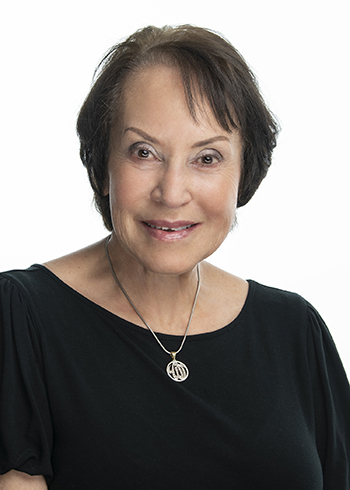This business is over the top and just celebrated 10 years of excellence. Everyone at this facility is so professional and all the staff provides excellent services. If you are looking for a new place to try you will not be disappointed
-Cathy Z.
Seek out a dermatologist any time you notice an alteration in the health or appearance of your skin. That could mean the development of a new mole, rash, or bouts of itchiness. In general, see a dermatologist when:
Skin is the human body’s largest organ, yet it doesn’t receive the same attention as others like the heart or lungs. Skin issues may even be warning signs for other medical complications, so it’s important to keep an eye on any changes to your body. If something seems off, immediately contact a doctor.

Skiin’s in-house dermatologist, Dr. Amani Maguid, has studied medicine across the world. Born in Egypt, Dr. Maguid graduated from the University of Cairo and has become renowned for her medical expertise in Wisconsin. She went on to earn a degree in internal medicine from the University of London in the UK and completed a dermatology residency at the University of Wisconsin. She is an expert Botox applicator and specializes in hair restoration for both men and women. Dr. Maguid recently added plasma treatment to her skincare repertoire. Click here to learn more about Dr. Maguid.
There are many issues that develop on or within the skin. Some are dangerous – others are minor annoyances. Treatment is often sought for conditions such as:
Many people have questions when it comes to their skincare. The experts at Skiin are here to answer them. Here are a few inquiries we often hear:
JavaScript is required for full site functionality.